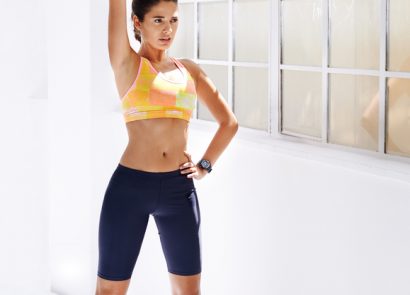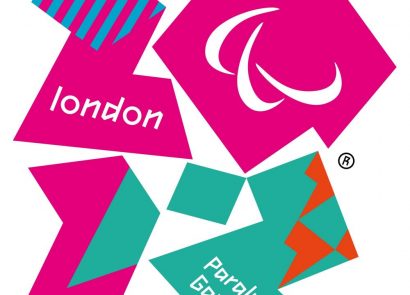Make realistic goals
“If you’re just starting out, are taking a break, or are overcoming an injury, the best place to begin is by setting yourself a realistic goal,” advises David. “This can can be tricky, but what I have seen that works very well is a strategy whereby a long term aspiration is planned or mapped out alongside more achievable short term goals. Don’t put all of your hopes solely on your scales, because although this does measure progress to an extent, it can be misguiding. Instead, set goals that are achievable and make you feel good, such as completing for your first fun run or going to the gym three times during the week. Breaking a big goal into smaller ones makes your fitness journey less daunting and more motivating.”
Choose an exercise that suits you.
“Do activities that not only keep you fit, but also that you enjoy! The key is to select a form of exercise that engages your brain as much as it does your body,” David explains. “Some may choose to follow a traditional gym programme which involves resistance training, whereas others may look to workouts which include different forms of movement or take place in a group fitness setting, such as a spin class or Pilates.”
Do your research
“If you’re considering a new style of training or fitness programme, seek advice from a personal trainer or fitness expert before you begin,” says David. “PTs are constantly in touch with the fitness world and test out the effectiveness of different types of training, so if you’re looking to follow a typical gym workout, they will be able to show you how to use the gym equipment and how to perform the exercises correctly, determining the resistance and frequency that’s right for you.”






















